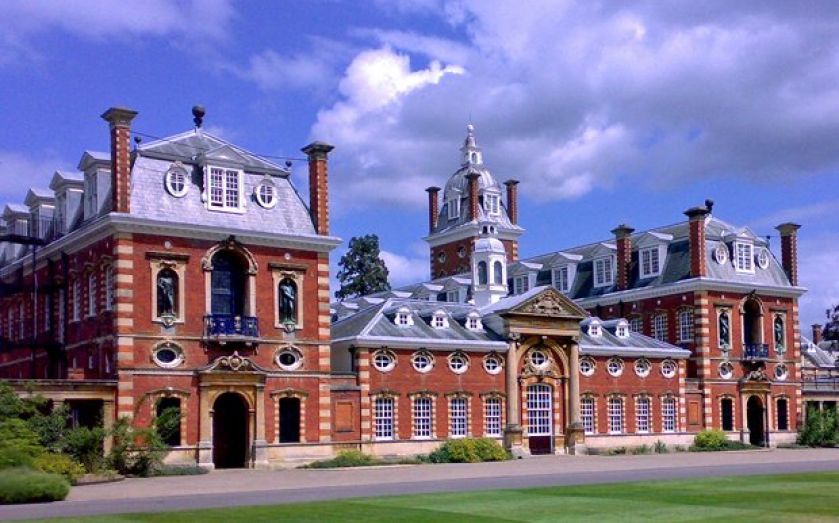Labour has identified the right problem – but independent schools can’t build a New Jerusalem alone

TRISTRAM Hunt, the Labour shadow education secretary, argued yesterday that independent schools need to be doing much more to form meaningful partnerships with state schools. If they don’t do so, they will risk being stripped of up to £700m in tax breaks, should Labour be elected in the general election next Spring. He said that “the next government will say to independent schools: step up and play your part. Earn your keep. Because the time you could expect something for nothing is over.”
Hunt’s comments have been predictably vilified by leaders of independent schools in a way that will confirm the impression in the eyes of the world at large that such schools are out of touch, and like Ukip voters, want to turn the clock back to the 1970s. “They would say that, wouldn’t they?” will be the reaction of many.
At the weekend, my good friend Andrew Halls, headmaster of King’s College School Wimbledon, was arguing in the Sunday papers that the fees of independent schools have gone up so much that only “oligarchs” can afford them. He said that independent schools have priced themselves beyond the means of even professional parents.
The truth is that independent schools are an easy target for everyone to attack. They have few friends in high places. No Prime Minister now would dare to send their child to an independent school, nor indeed any education secretary. National leaders in business, banking, the media, the church and military may have disproportionately attended independent schools, and indeed send their children to them, but rarely will any of them stand up and defend them.
Most independent schools are not like Eton, Marlborough, Harrow or Wellington College, which I head, all of which have long waiting lists and priceless land and buildings. Many operate close to the financial edge, and have suffered significantly since 2008. Look beyond the South East, and it is unusual to find an independent school in rude financial health. Parents have found it harder to find full fees, while improving state schools, including new academies and free schools, prove ever more attractive. A national wave of new grammar schools would kill off many independent schools.
Many independent schools are also doing a great deal, as Hunt recognises, to build bridges with the state sector and to try to boost social mobility. They are not doing so out of any threat, but out of a sense of moral purpose which many on the Left find it hard to believe is sincere. Some 90 per cent of independent schools report that they are working with the local community and with state schools.
Independent schools could nevertheless be doing much more to build bridges and engage with the state school sector, which educates 93 per cent of children nationally. We are still a far too polarised country, and at risk of becoming even more so. Every independent school should join a “teaching school” federation with neighbouring state schools. It would not cost them anything and it would very materially improve both sectors. Every independent school could found an academy in association with a proven sponsor chain, which would provide the expertise that the independent school lacks. Young people from both schools badly need to mix, as well as the teachers.
Social integration and social mobility are vital to any flourishing society. Next year sees the seventieth anniversary of the end of the Second World War. The dream that came out of that war, as well as the Great War, was of a New Jerusalem, a far more socially cohesive nation, where opportunities were available to all regardless of birth and privilege. Hunt has identified the right problem. But the state sector equally needs to reach out to the independent sector and government needs to provide more resources for such exchanges to happen. The dream of an excellent education for all and a socially just nation need not remain a dream any longer.